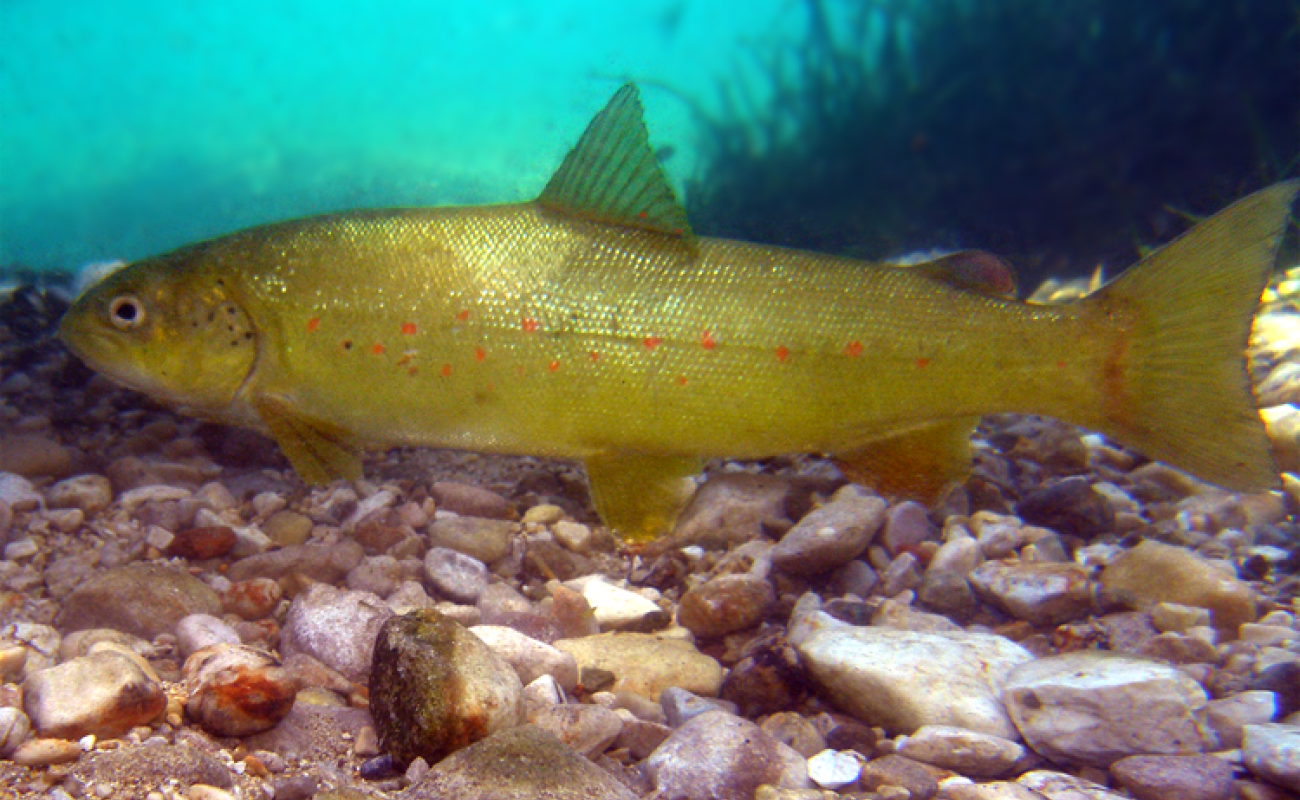"Improve River LIFE" project begins

Freshwater ecosystems, made up of diverse habitats, are not only crucial as a home for numerous species. At the same time, they provide various services that are invaluable to humans, such as clean and drinking water. At the same time, it is important to understand that only healthy and resilient ecosystems can fully fulfill their potential of providing various services. Man-made artificial barriers on waterways impair the health of rivers and streams because they impede the natural flow of water, sediment, nutrients, and organisms. Barriers prevent or significantly reduce the connection of river flows with wetlands, floodplains and tributaries, thereby necessarily affecting the natural supply and inflow of water in different ecosystems, which thereby change and lose their resilience, health and the quality of the services they provide. The impact of barriers is particularly visible on fish, the most recognizable inhabitants of rivers and one of the most sensitive precisely to the interruption of the river flow, which makes it impossible for them to successfully search for food or even reproduce. Therefore, it is not surprising that one of the challenges and tasks for nature conservation is precisely the removal of obstacles along with the implementation of a number of other measures for the recovery of river processes, with the aim of restoring healthy and fully functional river ecosystems. Especially in Europe, the continuity of Rijeka, through hundreds of years of economic development and urbanization and the use of watercourses for various purposes, from river regulation and grain milling to electricity production, has been disrupted by numerous barriers.
Their systematic removal, in a way that contributes to the greatest extent to the restoration of ecosystems and species and habitats, including the goals of the European ecological network Natura 2000, is an urgent and urgent task both for the preservation of biodiversity and our human existence. Today, many such partitions no longer fulfill their primary function, or there are other technical solutions more acceptable to nature that can replace them.
Today, the Improve River LIFE project begins, the implementation of which will last 60 months.
The project was designed and prepared by experts from the Institute for Environmental and Nature Protection of the Ministry of Economy and Sustainable Development together with partners from Croatian Waters, the Public Institution Krš i More and the Zagreb PMF. Those four institutions will implement the project, with the Ministry of Economy and Sustainable Development as the leading partner.
The main goal of the project is to preserve and improve the state of the population of the soft-lipped, endemic species of trout, which is unique in the world and inhabits only a few watercourses of the Adriatic basin in Croatia, Bosnia and Hrecegovina, and Montenegro. Mekousna is an endangered species today, and has already died out in some previously inhabited rivers. The project's activities are focused on the restoration of habitats and populations of soft-mouthed salmon in the Jadro and Vrljika rivers, which are one of the last remaining habitats of this species. The main focus is on ensuring the longitudinal (longitudinal) connectivity of river ecosystems through the removal of artificial barriers or ensuring their passability for unimpeded downstream and upstream movement of fish species.
Also, through the project, a cadastre of artificial barriers on watercourses in Croatia will be created and those that have the most significant negative impact on nature will be identified, and the result will be a list of priority locations for restoration by removing or ensuring passability through various adjustments. It is also planned to transfer the experiences and knowledge gathered through the project to colleagues from neighboring countries, especially Bosnia and Herzegovina, in order to create additional capacities in the Neretva basin for the preservation of the soft-mouthed as endemic to this area.
The implementation of this project will represent the contribution of the Republic of Croatia to the EU Biodiversity Strategy and the goal of ensuring at least 25,000 km of free-flowing rivers by 2030.
The total value of the project is EUR 4,683,000, with a share of EU co-financing of 75% ensured through the LIFE program for nature and biodiversity.
